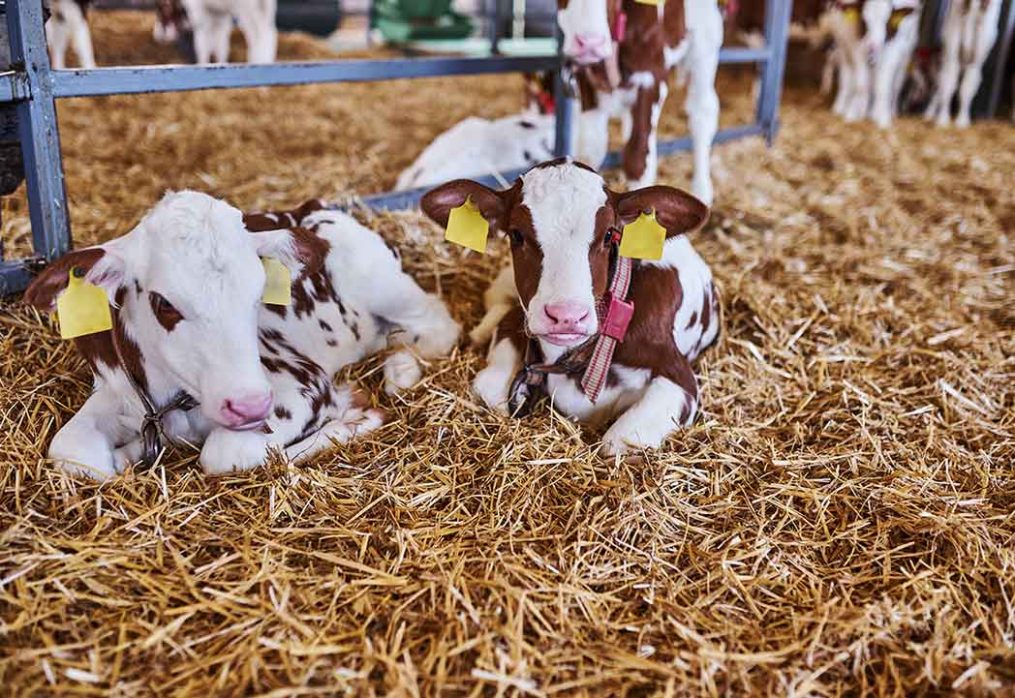April 20, 2023
From Calf to Cow: A Guide to Raising Healthy and Productive Dairy Cows
Dairy farming can be a lucrative venture if done correctly. One of the most critical aspects of dairy farming is raising healthy and productive dairy cows. In this article, we will discuss a comprehensive guide to raising healthy and productive dairy cows, from calf to cow.
- Calf care – The first step to raising healthy and productive dairy cows is ensuring proper care for calves. Calves should be fed colostrum within the first few hours of life to build immunity against diseases. You should also provide adequate nutrition, shelter, and veterinary care. Calves should be kept in a clean and well-ventilated area to prevent respiratory infections.
- Heifer rearing – Heifers are female cows that have not yet given birth. They are typically raised from 6 months to 2 years of age. During this period, heifers should be provided with adequate nutrition and veterinary care to ensure that they grow healthy and develop properly. You should also train heifers to lead and handle them regularly to reduce stress when they join the milking herd.
- Feeding – Proper feeding is essential to raising healthy and productive dairy cows. Cows should be provided with a balanced diet that meets their nutritional needs. A diet that consists of hay, silage, and concentrates is commonly used in dairy farming. You should also ensure that the cows have access to clean and fresh water at all times.
- Housing – Cows should be housed in a clean, dry, and well-ventilated area to prevent respiratory infections and other health issues. The housing area should have adequate space and be designed to minimize stress on the cows. You should also ensure that the housing area is regularly cleaned and disinfected to prevent the spread of disease.
- Health management – Regular veterinary care and health monitoring are critical to raising healthy and productive dairy cows. You should have a health management plan in place to prevent and treat diseases. Vaccination programs, deworming, and parasite control are some of the essential components of a health management plan.
- Milking – Proper milking practices are critical to ensure that the cows produce high-quality milk. Milking should be done in a clean and well-ventilated area to prevent bacterial growth. The milking equipment should be cleaned and sanitized regularly, and the cows should be milked using proper techniques to avoid injuries to the udder.
- Record-keeping – Keeping records of cow health, milk production, and other important data can help you identify issues and make informed decisions. You should keep accurate records of cow breeding, calving, health, and milk production.
Raising healthy and productive dairy cows requires proper care, nutrition, and management. By following the above tips, you can ensure that your cows grow healthy and produce high-quality milk. Remember that dairy farming is a long-term investment, and it takes time and effort to achieve success.
